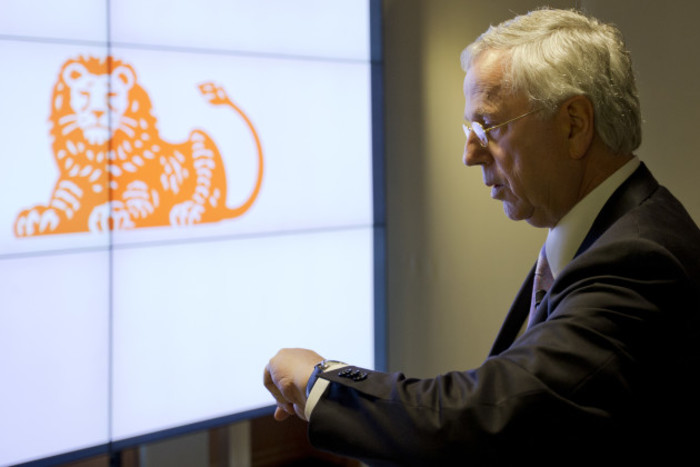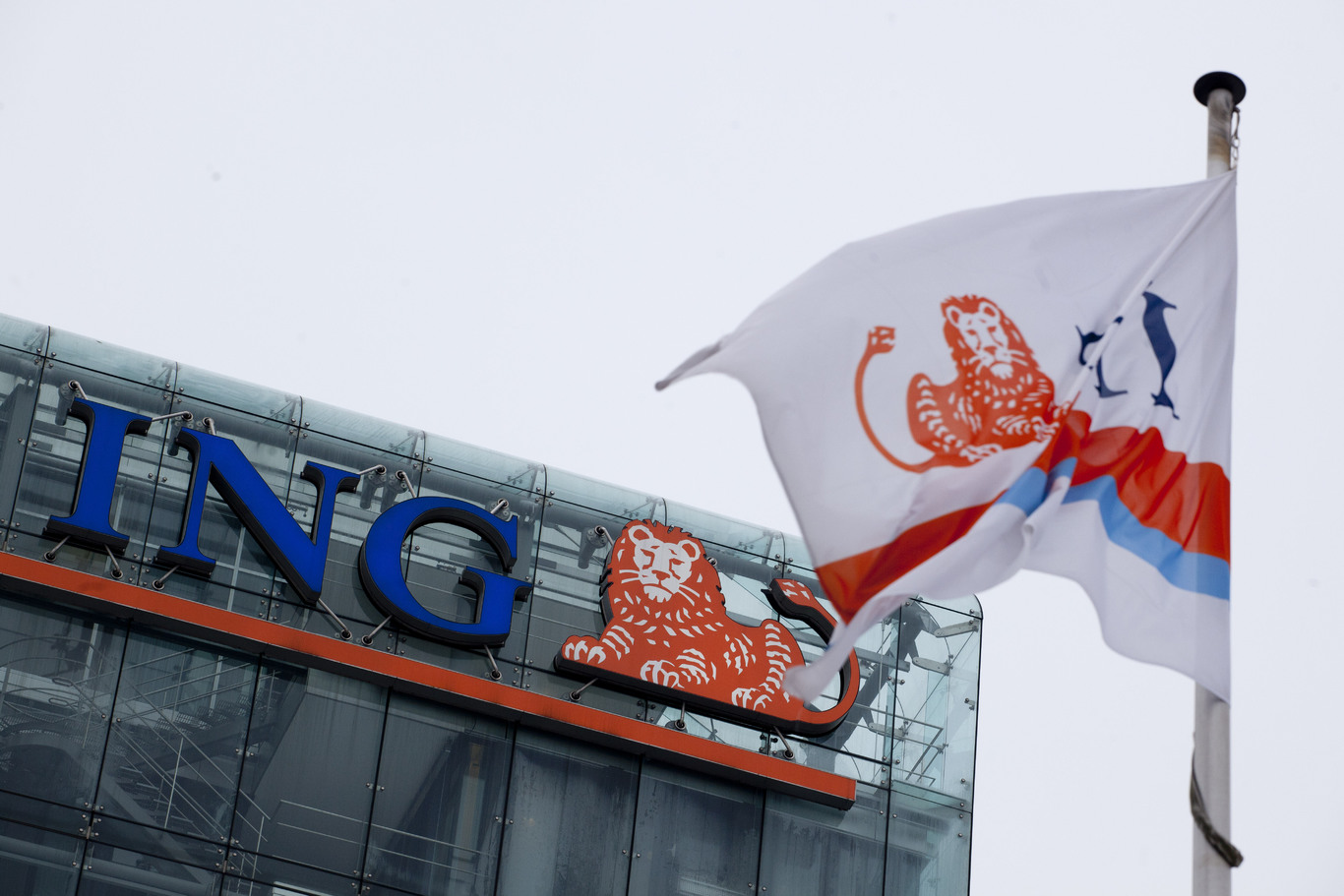ING plans to scrap up to 7,000 jobs as it shifts towards digital banking
The Netherlands’ largest lender plans to invest €800 million in the online banking market.
DUTCH BANK ING, the country’s biggest lender, announced 7,000 jobs could be lost to save €900 million by 2021.
The move is partly directed by the bank’s bid to reshape its services for the digital banking market, in which it said it would be investing some €800 million.
“Over the coming five years, around 7,000 functions might be impacted by these effects,” said chief executive Ralph Hamer.
Stressing the plans were not yet final, he said the workforce could be reduced by some 3,500 in Belgium and another 2,300 in The Netherlands. The remaining posts were expected to be cut by external suppliers.
“Customers are increasingly digital and bank with us more and more through mobile devices,” Hamer said in a statement.
They “expect us to adopt new technology as fast as companies in other sectors,” Hamer said, adding ING needs “to offer a better customer experience, that’s instant, personal, frictionless and relevant”.

Bailout and recovery
Amsterdam-based ING employs some 52,000 people in 40 countries around the world.
It was bailed out to the tune of €10 billion in 2008 after the global financial crisis struck, but it was forced by the European Commission to exit the insurance business.
The company paid off the €10 billion plus interest that it owed the Dutch government in November 2014, well ahead of time.
Today’s announcement comes after ABN Amro, the country’s third-largest bank, said last month it was shedding 1,375 jobs over the next three years as it moves towards greater digitalisation.
Hamer acknowledged that “banks are confronted with continuous regulatory burden and a prolonged period of ultra-low interest rates”.
“These factors put pressure on the returns which are necessary to fund growth and investments, and cover our cost of capital,” he added.
In August, ING said it had boosted its operating profits by 26% in the second quarter to €1.4 billion and increased its lending by €15 billion on the same period in 2015.






